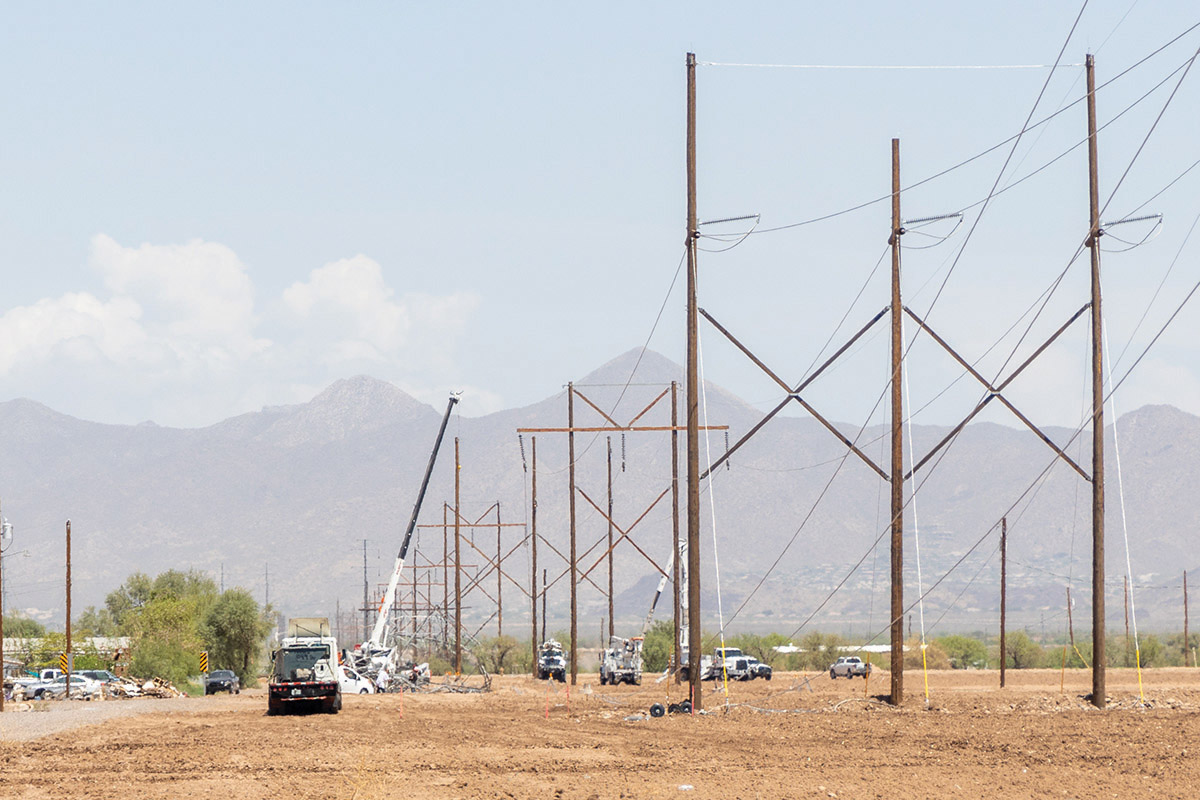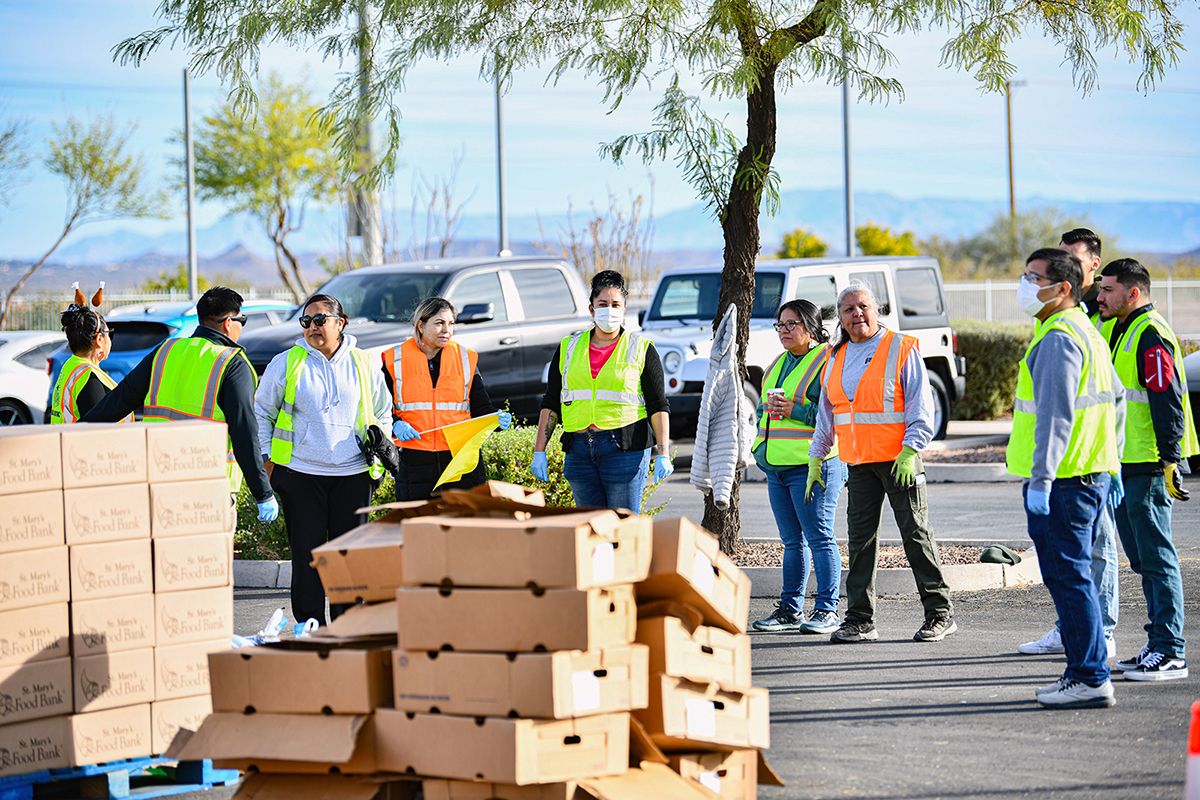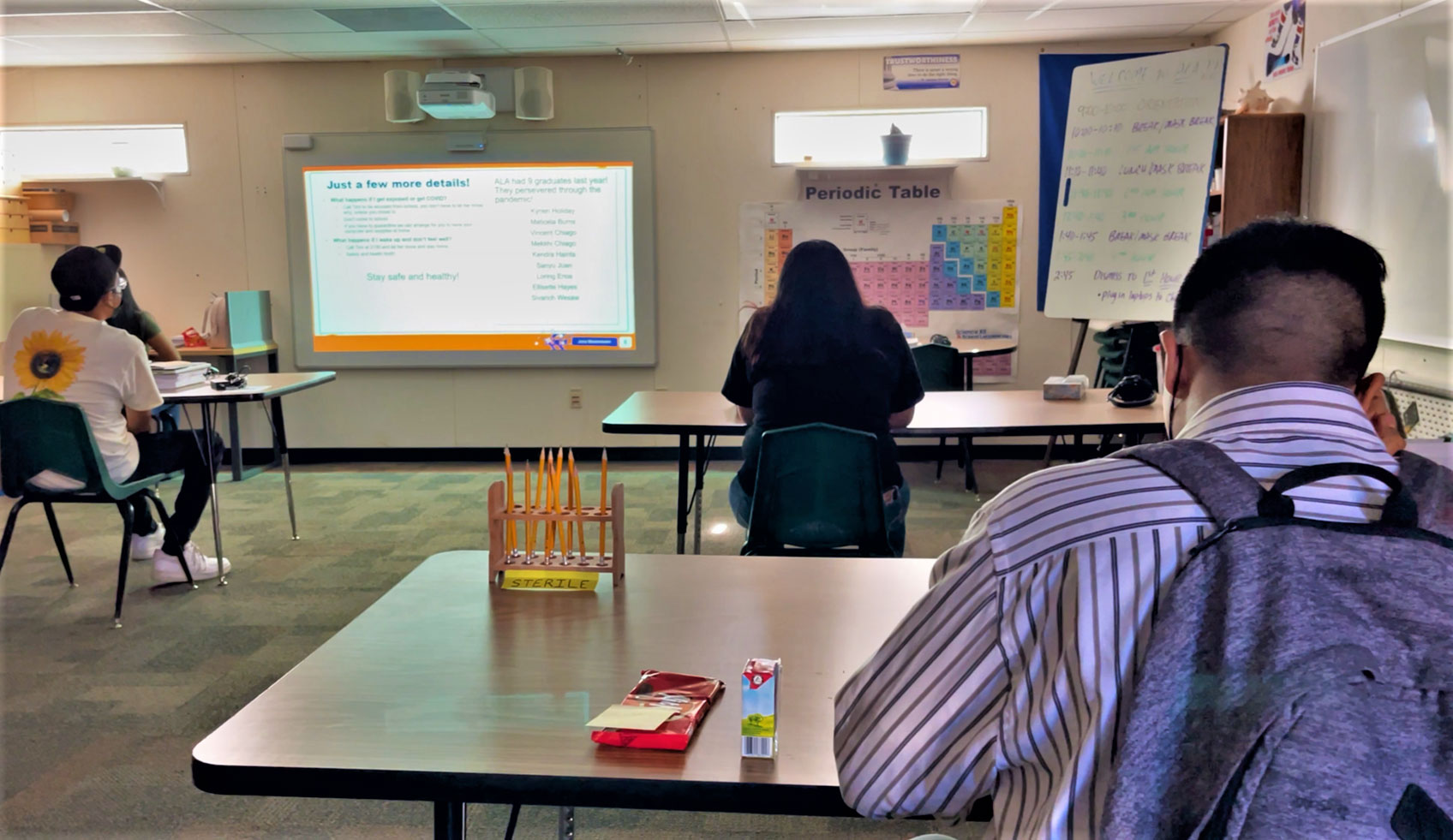VIEWS: 3002
March 2, 2022Personal Property Probate and Trust Asset Probate Processes
In the last three issues of O’odham Action News, we provided an introduction to estate planning, wills and probate; broke down the probate process; and offered a more in-depth look at the American Indian Probate Reform Act (AIPRA).
In this issue, we will cover the last topic in the series: the personal property probate and trust asset probate processes.
To recap, probate is a legal process that affects the distribution of a decedent’s (deceased person’s) estate, and it is applied to determine heirs, the validity of wills and beneficiaries, whether claims against the estate will be paid, and the transfer of any funds or property to the heirs, beneficiaries or other persons or entities entitled by law to receive it.
Personal Property Probate
The personal property probate begins when the petitioner files a petition for probate in the Community Court, along with a certified copy of the death certificate and a filing fee.
The person who initiates this process is called the petitioner, and the petition must read, “In the Interest of: John Doe, Decedent” and include the location of death (city and state), the decedent’s marital status at the time of death, and a list of names, dates of birth, relationships and addresses of the decedent’s potential heirs.
The decedent must have been an enrolled member of the Salt River Pima-Maricopa Indian Community at the time of death; if the decedent was not a Community member, the property being probated must be located within the SRPMIC.
Any person claiming to be an heir to the decedent may file the probate action. Non-heirs do not have standing to file for probate.
According to the SRPMIC Legal Services Office, the final determination of the heirs will not be made until all interested parties are notified of the probate action and given the opportunity to defend their interests.
The Court will issue an Order Appointing the Administrator, who is assigned tasks to be completed and paperwork to be submitted to the Court by a specified date. Interested parties contesting the Administrator appointment must file an answer or response within 30 days. If no response is filed, the appointment is presumed to be uncontested.
A petition should certify that a due-diligence search and inquiry has been made to ascertain the decedent’s assets, and the list of the assets to be distributed will be included.
At the Probate Hearing, the Court will make a finding as to whether a last will and testament exists. If the Court determines that the decedent had a will and deems the will valid, it shall order the property to be distributed to the persons named in the will.
The Court will then apply the laws of intestacy of the State of Arizona in determining the heirs, which begins with the spouse first, then goes to the children, then brothers or sisters, then parents.
If there is no will, the Court will conduct a hearing to determine if the proposed Administrator should be appointed as personal representative of the decedent’s estate.
Trust Asset Probate
When a Community member passes away, the family, although not required to, usually reaches out to the Community by contacting Public Works via the Memorial Hall to make funeral arrangements, by contacting Administration for funeral and loan information, and by contacting the Community Development Department’s Membership and Real Property Management (MRPM) office to provide the official notification of Community-member death or certified death certificate.
MRPM is always notified by Memorial Hall. Upon notification of death, Probate Services creates the decedent’s probate file. Memorial Hall also provides MRPM with the certified death certificate when they receive it, usually 30 to 90 days after the decedent’s date of death.
Trust Asset Probate Case Preparation
The CDD Probate Services staff has two full-time employees and a supervisor who actively work with Community members and their families to obtain the documentation required by the Office of Hearings and Appeals (OHA) of the Bureau of Indian Affairs (BIA) Division of Probate. When the Community can obtain the OHA-required documentation without asking the family, the Community will do that. However, completing the probate package can be delayed when there are missing documents or pending matters.
For example, the following situations require action from the family:
• OHA requires birth and death certificates, marriage certificates, divorce decrees, Certificate Degree of Indian Blood (CDIBs) and other documentation for all interested parties and beneficiaries. Any of these documents that are outstanding usually are from out of state and/or involve non-Community members. There may be marriages and divorces that are known but are missing the date and location. State privacy laws often limit who may request birth and death certificates, and the Community must rely on the family for that.
• Any paternity issues are that are currently unresolved and pending adjudication in state courts can hold up the probate. The Community has no ability to influence these state processes.
• Some probates are lacking guardianship documents for minor children or disabled adults. In these cases, the guardians are not Community members, and the Community does not have contact information for these individuals.
• Some heirs are either non-Community members or “Whereabouts Unknown” and the Community is unable contact them.
• The OHA will not accept a probate package if the death is listed as a homicide and the police report is still pending. In those cases, CDD must wait for the police investigation to be finished and then submit the required police report.
• Family history information and research can hold up a case because more than one heir still needs to be identified.
• Pending administrative probate actions need to be resolved, such as rehearing and reopening of probate cases where the decedent is an heir or potential heir to a family member.
The CDD is currently analyzing all pending probate cases and will actively reach out to family members of the decedents to determine what is needed to finalize probate case preparation and how we can assist them with documentation requests and other issues.
Trust Asset Funds
Any lease income that a landowner receives after passing away will continue to accrue; the Salt River Finance Department will forward all lease checks to the decedent’s account.
MRPM said that it is very important that family members return lease checks that were received after the landowner passes away.
An Individual Indian Money (IIM) account will be established by the Bureau of Trust Funds Administration (BTFA) for the decedent’s estate. If there are funds in the decedent’s IIM account, the BIA will await confirmation of the title update from CDD, MRPM and the Land Titles and Records Office (LTRO) before signing off on closing the IIM account.
All IIM account distributions are handled by the BTFA, and the distribution process may take two to six months. The funds in the decedent’s IIM account will be distributed according to the final probate order.
For more information on the personal property probate and trust asset probate processes, reach out to MRPM at (480) 362-7600 and the Legal Services Office at (480) 362-5670.







